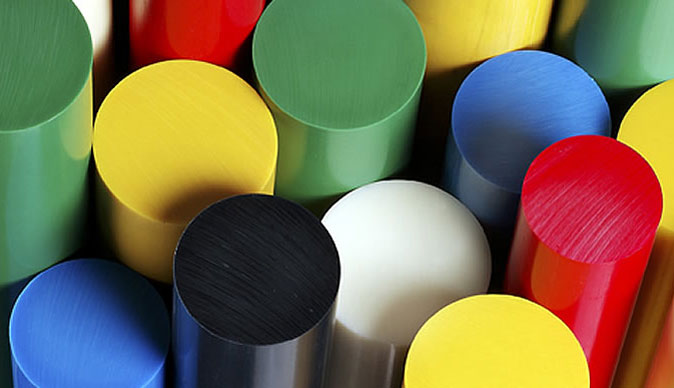PTFE product can be used in Cryogenic temperatures of -196˚C, to high-temperature plastics that can work up to 280˚C, therefore, it is a very adaptable product. They offer superior performance in terms of strength, durability, and weight.
It is also highly resistant to wear and tear, corrosion, and chemicals, making it an ideal material for harsh environments. Additionally, engineered plastic is easy to machine, mould, and shape, making it a versatile material for various applications. With its low friction and high stiffness, it can reduce energy consumption and increase efficiency in machinery.
Additionally, to complement our PTFE production, we machine plastics used in industry. These include:
- PEEK – virgin, glass and also carbon filled.
- PCTFE
- Acetal
- Polypropylene
- Polyethylene
- PVDF and PVC
- VESPEL
Engineered plastics, also known as engineering plastics or high-performance plastics, are a category of synthetic polymers that have been specifically formulated to offer enhanced mechanical, thermal, chemical, and electrical properties compared to commodity plastics (like polyethylene or polypropylene). These materials are designed to meet demanding industrial and engineering requirements and are valued for their versatility and reliability. Here are some of the key benefits and common uses of engineered plastics:
Benefits of Engineered Plastics:
- Mechanical Strength: Engineered plastics exhibit superior mechanical properties, such as high tensile strength, impact resistance, and toughness. They can withstand heavy loads and offer durability in various applications.
- Thermal Stability: Many engineered plastics have excellent thermal stability, with the ability to withstand high temperatures without significant deformation or degradation. This makes them suitable for use in high-temperature environments.
- Chemical Resistance: Engineered plastics often have good resistance to chemicals, acids, bases, and solvents. They maintain their integrity when exposed to a wide range of corrosive substances.
- Dimensional Stability: These plastics have low coefficients of thermal expansion, meaning they maintain their shape and dimensions over a wide temperature range. This property is essential in precision engineering and manufacturing.
- Electrical Insulation: Engineered plastics are excellent electrical insulators, making them suitable for electrical and electronic applications where high voltage or insulation is required.
- Low Friction: Some engineered plastics have low friction coefficients, which reduces wear and extends the lifespan of components. This property is valuable in bearings, gears, and sliding applications.
- Lightweight: Compared to metal alternatives, engineered plastics are lightweight, which can lead to weight savings in various applications, including aerospace and automotive industries.
- Design Flexibility: Engineered plastics can be moulded into complex shapes, allowing for intricate and custom-designed components. This flexibility is advantageous in product design and prototyping.
- Resistance to UV and Weathering: Many engineered plastics are resistant to ultraviolet (UV) radiation and weathering, making them suitable for outdoor applications.
Common Uses of Engineered Plastics:
- Automotive: Engineered plastics are used in various automotive components, including engine parts, interior and exterior trim, electrical connectors, and under-the-hood applications due to their strength, durability, and resistance to chemicals and heat.
- Aerospace: In the aerospace industry, these plastics are used for aircraft components such as interior panels, cockpit equipment, and lightweight structural parts.
- Electronics: Engineered plastics serve as insulators and housings for electronic devices, connectors, and circuit boards due to their electrical insulating properties.
- Medical Devices: They are used in medical equipment, devices, and components due to their biocompatibility, sterilizability, and resistance to chemicals.
- Oil and Gas: Engineered plastics are used in oil and gas applications for pipes, valves, seals, and other components that require resistance to harsh chemicals and extreme temperatures.
- Industrial Machinery: These plastics are used in various industrial machinery components such as gears, bearings, bushings, and conveyor systems.
- Consumer Goods: Engineered plastics are found in everyday products like sports equipment, appliances, and consumer electronics due to their durability and design flexibility.
- Construction: They are used in construction materials such as windows, doors, roofing, and insulation due to their resistance to weathering and UV radiation.
- Renewable Energy: In renewable energy technologies like wind turbines and solar panels, engineered plastics are used in components that require durability and resistance to environmental factors.
Overall, engineered plastics play a crucial role in modern industry by offering a combination of mechanical strength, thermal stability, chemical resistance, and electrical properties that make them suitable for a wide range of applications across various sectors.


